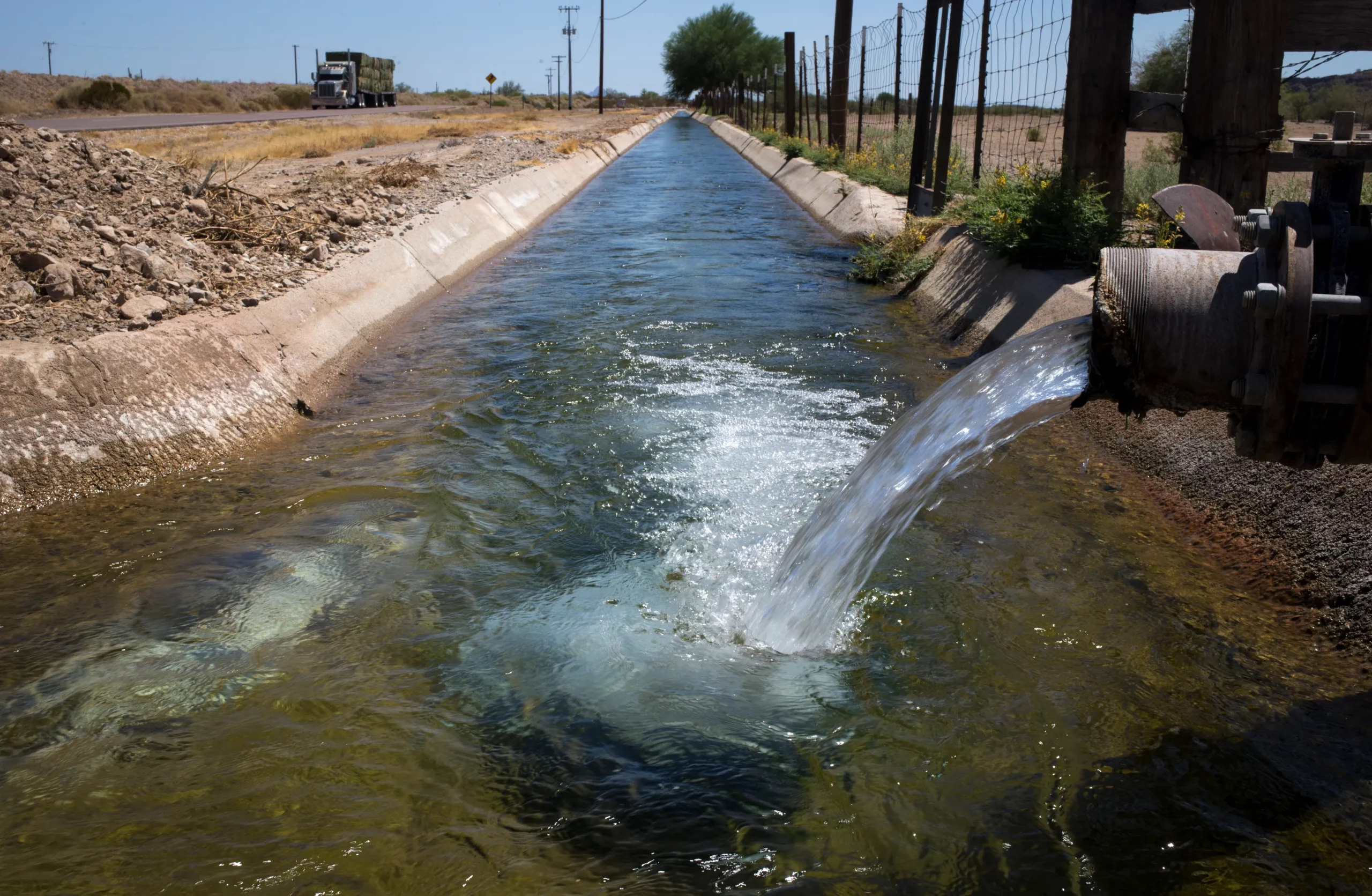In an effort to address mounting concerns over water supply, Arizona has recently implemented restrictions on new housing development. As the state grapples with the challenges posed by a growing population and limited water resources, sustainable growth has become a top priority. This article delves into the reasons behind these restrictions, the measures being taken, and the significance of water conservation in securing a sustainable future for Arizona.
Arizona is known for its stunning landscapes, vibrant cities, and rapid population growth. However, this population growth has put a strain on the state’s already limited water resources. The demand for water has been steadily increasing, and experts predict that the current rate of consumption is unsustainable in the long term. Consequently, policymakers have recognized the urgent need to address this issue and have taken steps to regulate new housing development.
One of the primary concerns driving the decision to impose restrictions on housing development is the availability of water. Arizona relies heavily on underground aquifers and river systems for its water supply, both of which are showing signs of depletion. Drought conditions have exacerbated the situation, leading to reduced water levels and increased competition for resources. By limiting new housing development, the state aims to alleviate the strain on its water supply and ensure a more sustainable future.
To address these challenges, Arizona has implemented a range of measures aimed at curbing water consumption and promoting responsible growth. These measures include stricter regulations on water usage, incentives for water-efficient infrastructure, and the adoption of advanced water management technologies. By encouraging the use of drought-tolerant landscaping, promoting water-efficient appliances, and educating residents about water conservation, the state hopes to achieve a more sustainable balance between population growth and water resources.
The decision to restrict new housing development is not without its critics. Some argue that these restrictions may hamper economic growth and hinder affordable housing initiatives. However, proponents of the restrictions emphasize that sustainable growth is essential for the long-term prosperity of the state. By taking proactive steps to conserve water resources, Arizona can ensure that future generations will have access to this vital resource while still accommodating the housing needs of its residents.
Water conservation practices play a crucial role in mitigating the effects of water scarcity. Individuals, communities, and businesses must all contribute to reducing water consumption through simple yet impactful actions. Implementing water-efficient practices in our daily lives, such as fixing leaks, installing low-flow fixtures, and using water wisely, can make a significant difference in preserving this precious resource.












